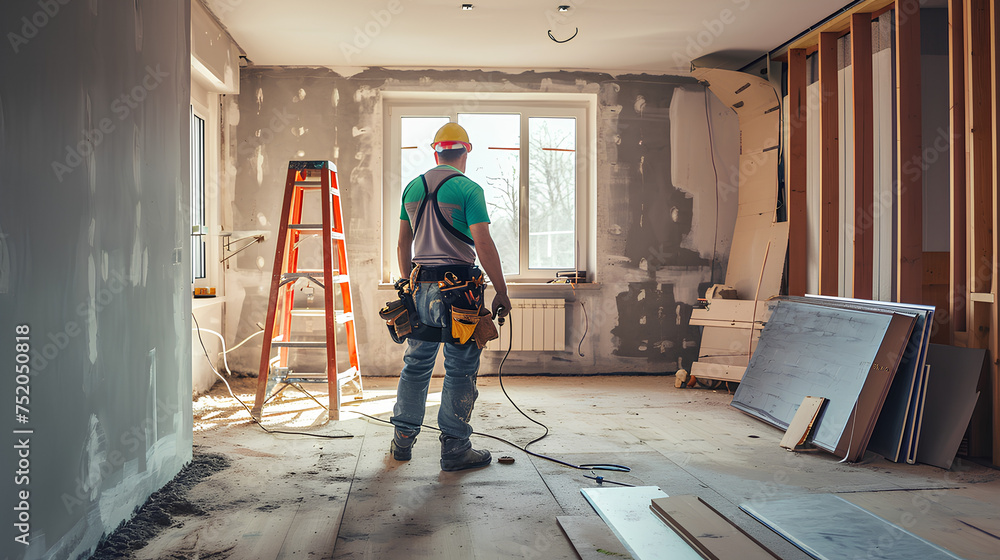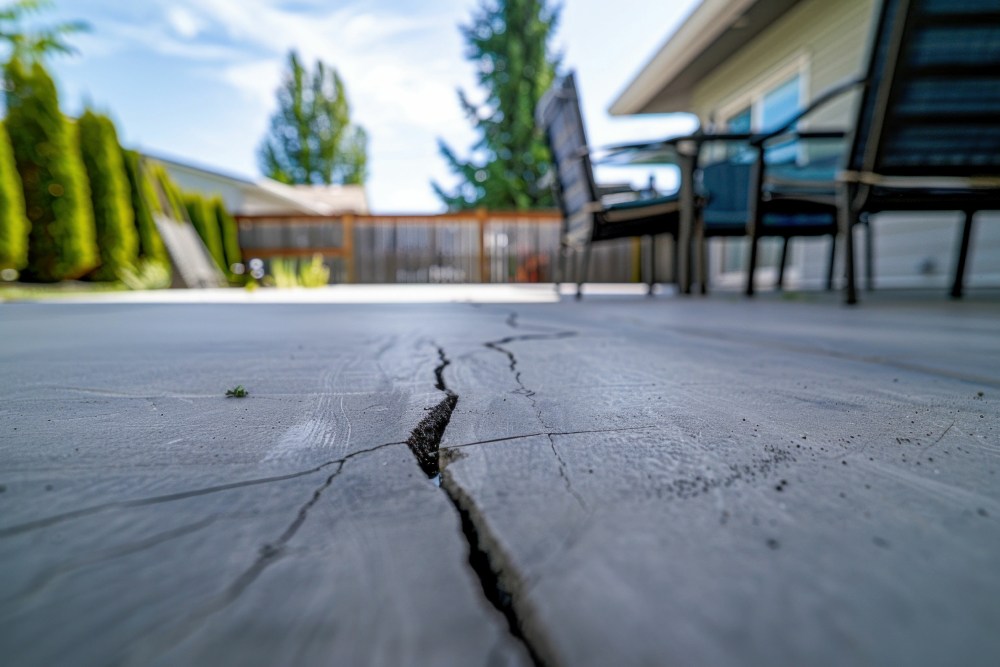Home improvement projects can be exciting and rewarding, but they can also come with risks and challenges. To protect homeowners from fraud, poor workmanship, and unfair practices, various consumer protection laws have been established. Understanding these laws can help you navigate your home improvement projects more safely and confidently. Here’s a comprehensive guide to understanding consumer protection laws in home improvement.
1. Importance of Consumer Protection Laws
Protecting Homeowners- Preventing Fraud: Consumer protection laws are designed to prevent fraud and ensure that homeowners receive the services and quality they are promised.
- Ensuring Quality: These laws help ensure that contractors meet specific standards of quality and professionalism.
- Dispute Resolution: Consumer protection laws provide homeowners with legal recourse if they encounter issues such as unfinished work, poor workmanship, or contractual breaches.
- Compensation: Homeowners can seek compensation for damages or losses resulting from contractor misconduct or negligence.
2. Key Consumer Protection Laws and Regulations
State Licensing Requirements- Contractor Licensing: Many states require contractors to be licensed. Licensing typically involves meeting specific education, experience, and examination requirements.
- Verification: Homeowners can verify a contractor’s license through state licensing boards to ensure they are qualified and in good standing.
- Written Contracts: Most states require written contracts for home improvement projects over a certain dollar amount. Contracts must include specific details such as the scope of work, materials, costs, payment schedule, and timelines.
- Right to Cancel: Some states provide a “right to cancel” period, typically three days, allowing homeowners to cancel the contract without penalty.
- Building Permits: Contractors must obtain the necessary building permits before starting work. Permits ensure that the project complies with local building codes and safety standards.
- Inspections: Required inspections during and after the project ensure that the work is completed to code and meets quality standards.
- Fraudulent Practices: Laws prohibit contractors from engaging in fraudulent practices, such as misrepresenting qualifications, overcharging, using substandard materials, or performing unlicensed work.
- Penalties: Contractors found guilty of fraud can face severe penalties, including fines, license revocation, and legal action.
Join HICP Homeowner’s Alliance
Connect with experts, get special discounts and enjoy member benefits
3. How to Ensure Compliance with Consumer Protection Laws
Hire Licensed and Insured Contractors- Verify Credentials: Always verify that the contractor is licensed and insured. Check with your state’s licensing board and ask for proof of insurance.
- Check References: Speak with past clients and read online reviews to ensure the contractor has a good reputation for quality work and professionalism.
- Include All Details: Ensure the contract includes all necessary details, such as the scope of work, materials, costs, payment schedule, start and completion dates, and warranties.
- Right to Cancel: Understand your right to cancel the contract within the specified period and ensure this is included in the contract.
- Permit Requirements: Verify which permits are required for your project and ensure the contractor obtains them before starting work.
- Final Inspections: Ensure that all required inspections are completed and approved before making the final payment.
4. What to Do If You Encounter Problems
Document Everything- Keep Records: Maintain detailed records of all communications, contracts, receipts, payments, and work progress. Take photos of the worksite regularly.
- Written Communication: Communicate any issues or concerns in writing to create a documented trail.
- Discuss Issues: Address any issues directly with the contractor and give them an opportunity to resolve the problems.
- Mediation: Consider using mediation services if direct communication fails. A neutral mediator can help facilitate a resolution.
- State Licensing Board: If the contractor is licensed, file a complaint with your state’s licensing board. They can investigate and take disciplinary action if necessary.
- Better Business Bureau (BBB): File a complaint with the BBB to document the issue and seek mediation.
- Small Claims Court: For smaller disputes, consider filing a claim in small claims court. This process is less formal and does not require an attorney.
- Civil Lawsuit: For larger disputes, consult with an attorney specializing in construction law to explore your legal options and potentially file a civil lawsuit.
5. Additional Consumer Protection Resources
Federal Trade Commission (FTC)- Consumer Advice: The FTC provides consumer advice and resources on home improvement projects, including tips for hiring contractors and avoiding scams.
- Complaints: You can file a complaint with the FTC if you encounter fraud or unfair practices.
- State and Local Agencies: Many states and local governments have consumer protection agencies that offer assistance and resources for homeowners dealing with contractor issues.
- Legal Aid: Some agencies provide legal aid services to help homeowners resolve disputes and navigate consumer protection laws.
- Trade Associations: Organizations like the National Association of Home Builders (NAHB) and the National Association of the Remodeling Industry (NARI) promote high standards and ethical practices in the industry. They can provide referrals and resources for homeowners.
Conclusion
Understanding consumer protection laws in home improvement is essential for safeguarding your investment and ensuring a successful project. By hiring licensed and insured contractors, using detailed written contracts, obtaining necessary permits, and knowing your rights, you can navigate your home improvement projects with confidence. If issues arise, documenting everything, attempting resolution, filing complaints, and seeking legal action are critical steps to protect yourself and seek justice. Always utilize available resources and consult with professionals to ensure compliance and resolve disputes effectively.




















